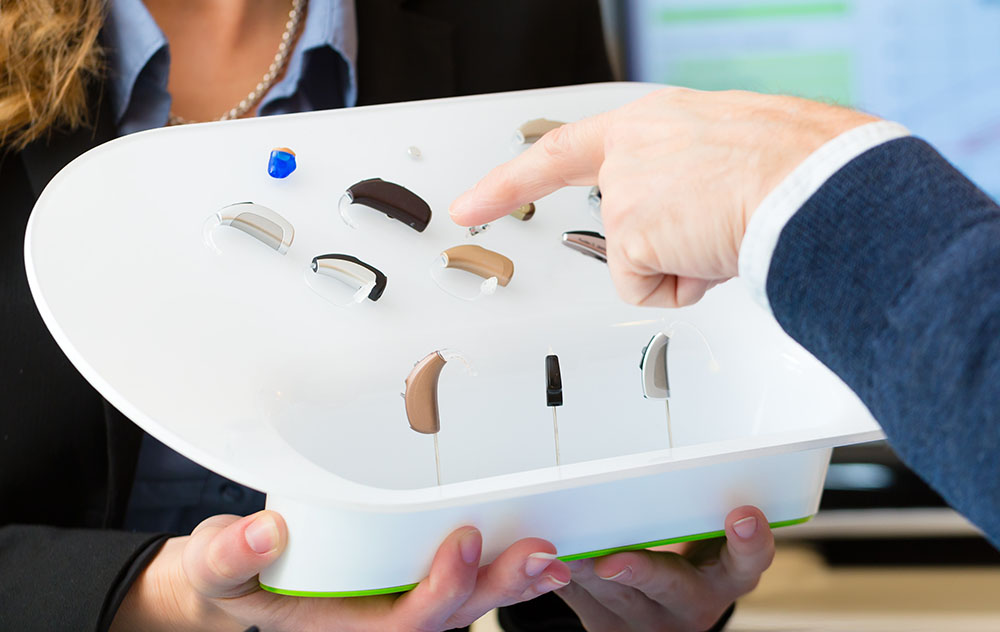How to Maintain Ear Health While Traveling
Travel puts your ears through more than you might realize. Whether


Travel puts your ears through more than you might realize. Whether

Virtual reality (VR) is introducing new approaches to hearing

For many people, hearing loss isn’t just about volume – it’s